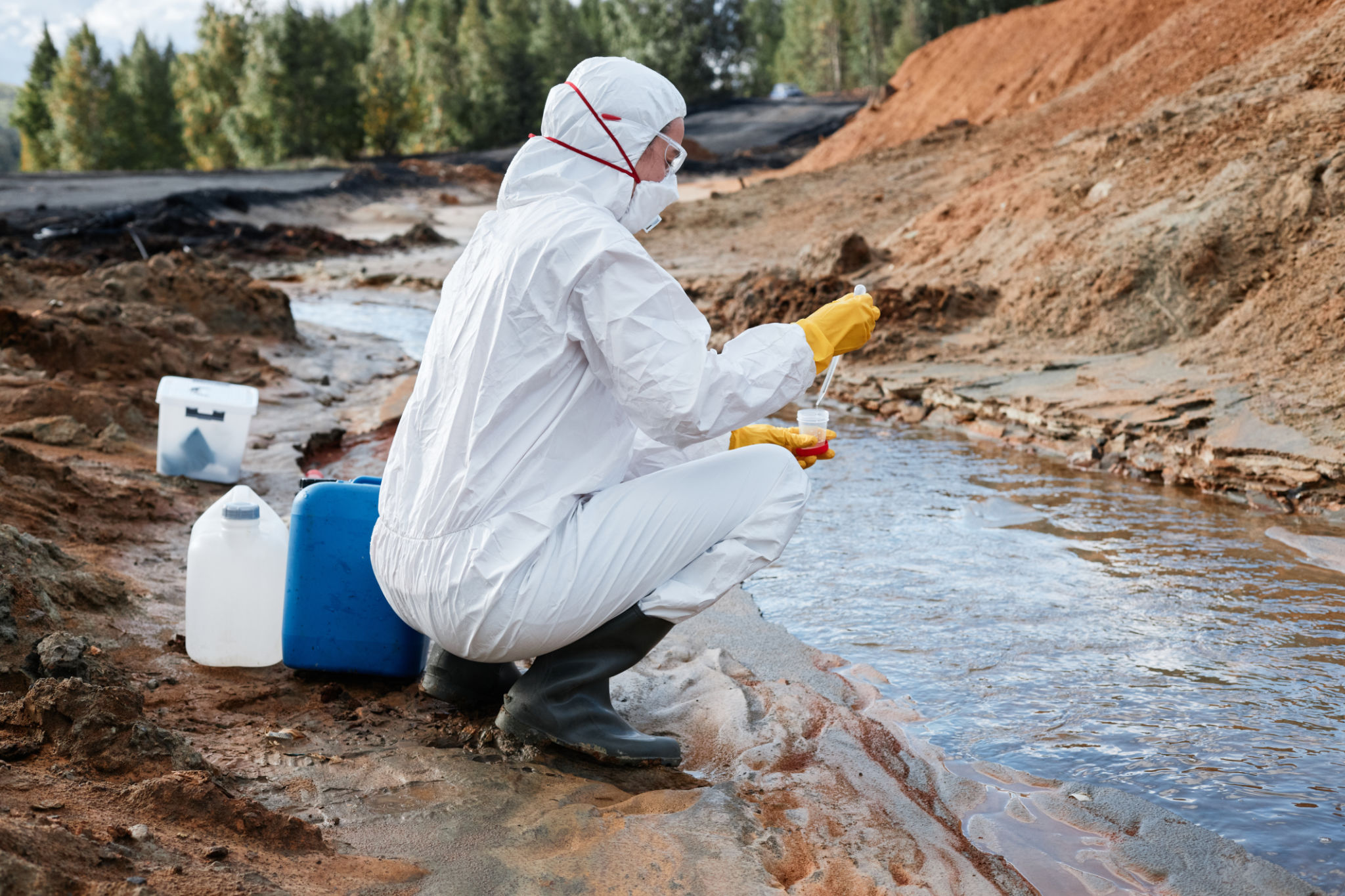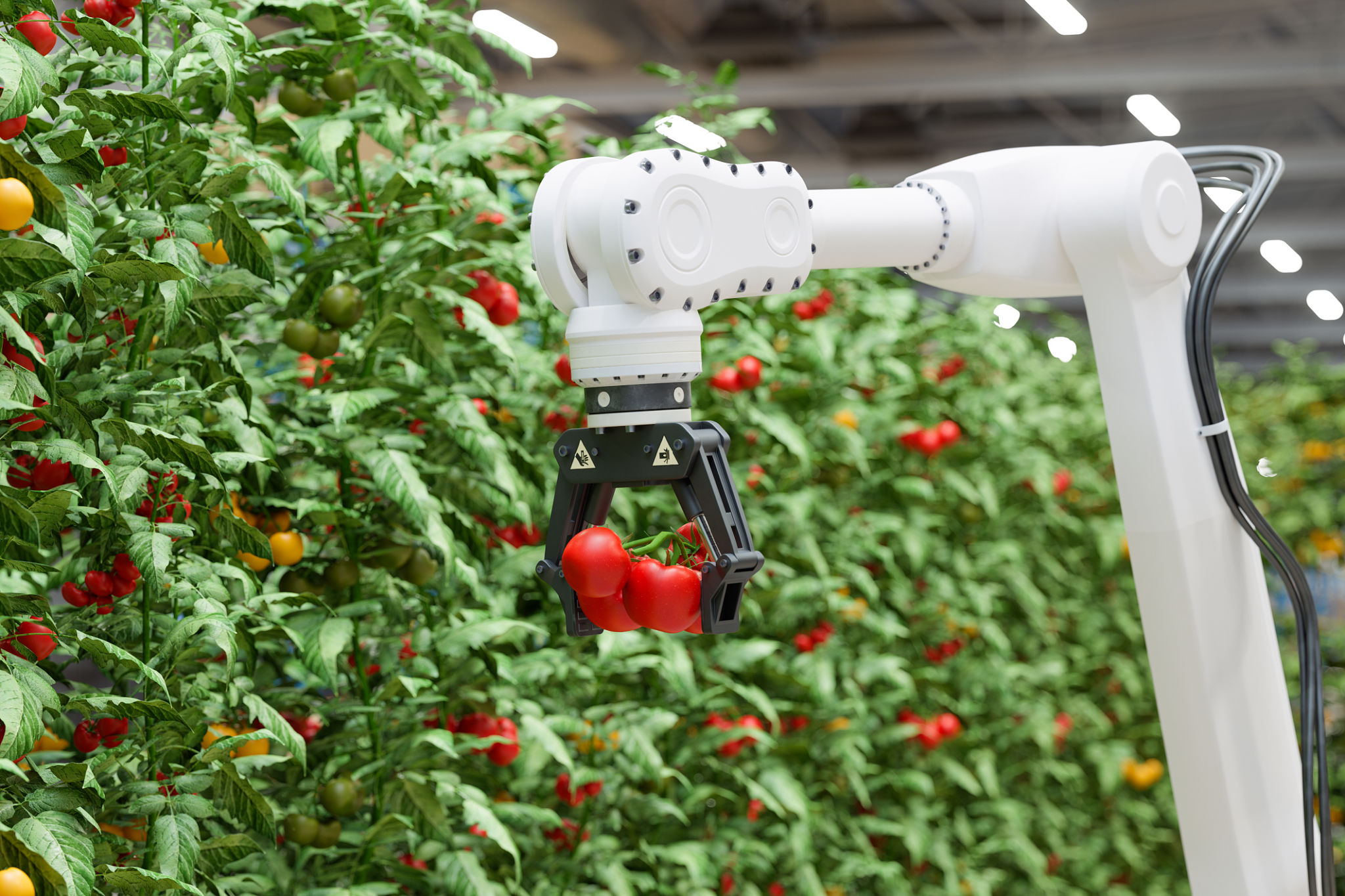Maximizing Greenhouse Efficiency in Ghana: Tips from Defermercist Experts
Ghana's agricultural sector is rapidly evolving, with greenhouses playing a pivotal role in this transformation. As farmers and agribusinesses seek to increase crop yields and ensure consistent production, maximizing greenhouse efficiency has become a top priority. Drawing insights from Defermercist experts, we delve into practical strategies to enhance greenhouse performance in Ghana.

Optimizing Temperature and Humidity Control
One of the most critical aspects of running a successful greenhouse is maintaining the right temperature and humidity levels. In Ghana's tropical climate, this can be particularly challenging. Experts suggest using automated climate control systems that adjust ventilation, heating, and cooling based on real-time data. These systems not only help maintain optimal growing conditions but also reduce energy consumption.
Additionally, installing shade cloths can be an effective way to reduce excessive heat and sunlight during peak hours. This simple yet efficient method helps in moderating temperature fluctuations, ensuring a stable microclimate for plants.
Efficient Water Management
Water management is crucial for greenhouse efficiency. Experts recommend implementing drip irrigation systems that deliver water directly to the plant roots, minimizing waste and ensuring plants receive the precise amount of water they need. This method is not only water-efficient but also encourages deeper root growth.

Rainwater harvesting systems can further enhance sustainability. By capturing and storing rainwater, greenhouses can reduce dependency on external water sources and save on costs. Regularly monitoring soil moisture levels with sensors can also provide valuable insights for optimizing irrigation schedules.
Soil Health and Nutrient Management
The health of the soil is foundational to greenhouse success. Using high-quality, nutrient-rich soil is essential for healthy plant growth. Regular soil testing helps in understanding the nutrient composition and tailoring fertilizer applications accordingly. Defermercist experts emphasize the importance of organic fertilizers, which improve soil structure and provide a balanced nutrient supply.
Moreover, employing crop rotation within the greenhouse can prevent soil nutrient depletion and reduce pest build-up. By alternating crops, farmers can maintain soil fertility and improve overall plant health.

Pest and Disease Management
Managing pests and diseases is a constant challenge in greenhouse farming. Integrated Pest Management (IPM) strategies are highly recommended by experts. This approach combines biological controls, such as introducing beneficial insects, with mechanical barriers and selective use of pesticides.
Regular monitoring for signs of pest infestation or disease outbreaks allows for timely interventions, minimizing damage and maintaining healthy crops. Keeping the greenhouse clean and removing plant debris are also effective preventive measures.
Adopting Technological Innovations
Technology plays a vital role in enhancing greenhouse efficiency. From sensors that monitor environmental conditions to automated systems that control lighting and irrigation, technology can significantly streamline operations. Furthermore, using data analytics can offer insights into trends and patterns, facilitating better decision-making.

Embracing these innovations not only improves productivity but also reduces labor costs and resource wastage. As Ghana continues to develop its agricultural industry, leveraging technology will be key to staying competitive.
Conclusion: Sustainable Practices for Future Growth
Maximizing greenhouse efficiency in Ghana involves a combination of strategic planning, technology adoption, and sustainable practices. By focusing on temperature control, water management, soil health, pest management, and technological advancements, farmers can boost productivity and contribute to a more resilient agricultural sector.
The expertise shared by Defermercist underscores the importance of continuous learning and adaptation in achieving long-term success in greenhouse farming. As more farmers embrace these strategies, Ghana's agricultural landscape will continue to thrive, meeting the demands of a growing population while preserving natural resources.
